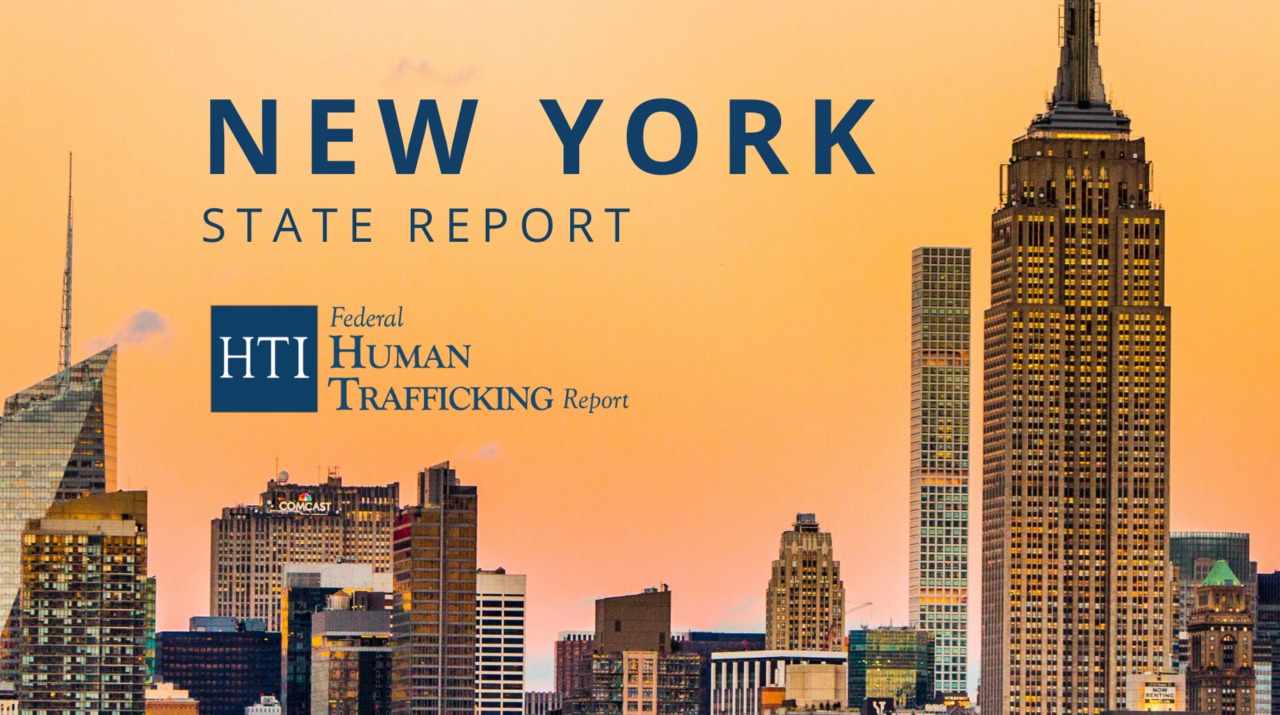When it comes to combating exploitation and injustice, many people feel compelled to find human trafficking organizations jobs that allow them to make a real impact in their communities. For those considering human trafficking organizations jobs, it’s important to understand both the scope of the problem and the opportunities available to be part of the solution. Looking at the issue on a local level, such as human trafficking in Kansas statistics, helps illustrate why dedicated professionals and volunteers are so vital in this fight.

Human trafficking remains one of the world’s most hidden yet widespread crimes, affecting vulnerable individuals across cities, rural areas, and entire states like Kansas. Recent human trafficking in Kansas statistics show that cases continue to surface each year, highlighting that this crisis is not confined to distant countries—it happens in neighborhoods closer than many realize. Reports from various local agencies indicate that Kansas, due to its major highways and central location, is a known transit and destination point for trafficking networks, which makes community vigilance and specialized careers essential.
Jobs within human trafficking organizations vary widely but share a common purpose: preventing exploitation, supporting survivors, and advocating for systemic change. These roles can range from case managers and victim advocates to policy analysts, educators, and legal experts. Many people enter this field with backgrounds in social work, law, public health, or community outreach, but there are also opportunities for those who have strong administrative, research, or communications skills.
For anyone considering a path in this field, understanding what the work entails is crucial. People who work in anti-trafficking organizations often assist victims with immediate needs like shelter, medical care, and legal aid. They might also coordinate awareness campaigns to educate the public about red flags and reporting mechanisms. Others focus on building partnerships with law enforcement to ensure that traffickers are held accountable and survivors are not criminalized for acts they were forced to commit.
The impact of this work can be seen in the way communities become more informed and resilient. When residents learn about human trafficking in Kansas statistics, they realize that prevention starts with education and proactive reporting. Awareness campaigns often reveal that victims can be children, teens, or adults coerced into labor or commercial sex through manipulation, threats, or false promises. In Kansas, advocates emphasize that trafficking can occur in plain sight, often hidden behind closed doors in industries such as agriculture, hospitality, or domestic work.
To find meaningful human trafficking organizations jobs, it’s helpful to start with research. Many reputable nonprofits, advocacy groups, and coalitions post opportunities on their websites, and networking with existing professionals can open doors to internships or volunteer positions that lead to paid roles. For those new to the field, gaining experience through internships can be a powerful way to build connections and learn how different parts of the system work together.
Working in this sector requires resilience and compassion. The emotional toll of witnessing exploitation can be heavy, so many organizations offer training and support to help employees maintain their well-being. Successful professionals in this field know how to set healthy boundaries, practice self-care, and lean on their teams for support.
Traffickinginstitute.org is one source of information and insight that supports anti-trafficking efforts with research, policy development, and training programs designed to help dismantle trafficking networks worldwide. By equipping law enforcement and local communities with knowledge and tools, they play a critical role in bringing traffickers to justice and protecting vulnerable people.
Aspiring advocates should also stay informed about local trends. Tracking human trafficking in Kansas statistics can help professionals identify where intervention is needed most. Data often reveals patterns in recruitment tactics, trafficking routes, and victim demographics. Armed with this knowledge, local organizations can tailor their programs and direct resources where they will make the biggest difference.
Fighting trafficking is a complex challenge that demands the collaboration of social workers, lawyers, educators, health professionals, and everyday citizens. If you feel drawn to this work, know that every effort—no matter how small—contributes to a larger mission of freedom and justice. Whether your strengths lie in direct victim support, community education, policy research, or legal reform, there is a place for you in this cause.
Traffickinginstitute.org highlights the power of informed action and the value of equipping future leaders to carry this mission forward. As more people become aware of human trafficking in Kansas statistics and understand the real stories behind the numbers, they are motivated to step up and stand with survivors.
By pursuing human trafficking organizations jobs, you choose not just a career but a calling—one that helps create safer communities, gives a voice to the voiceless, and proves that lasting change is possible when dedicated individuals work together with knowledge and compassion.
For more info:-




Write a comment ...